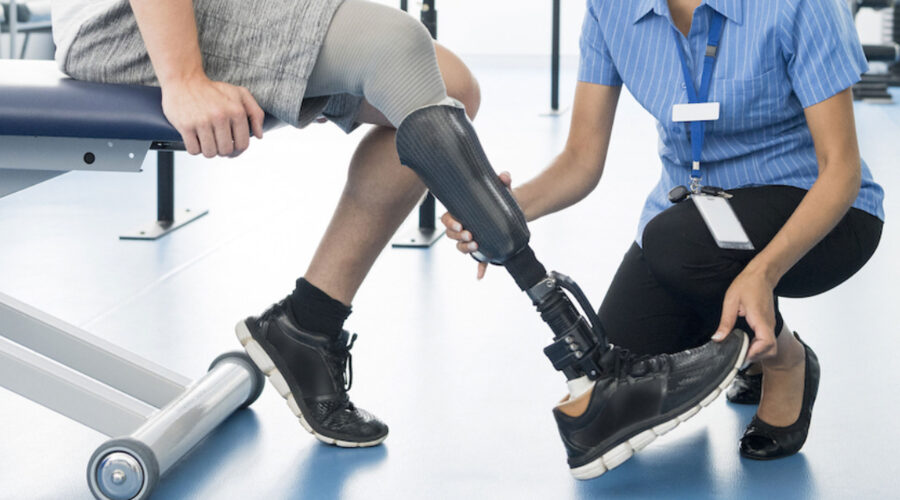Did you know that the lifespan of your prosthesis depends on the care you accord to it? So, if you want your prosthesis to work well and last longer, you need to take good care of it. However, taking care of a prosthesis can be tricky if you don’t know how to do it.
So basically, you need to have a glimpse of what you need to do for its care. Don’t worry, though, because we got your back. This post outlines several practical tips that should guide you on the way to taking good care of your prosthesis.
So how do you go about it?
- Do regular maintenance
Every device needs regular maintenance for proper functioning and a longer lifespan. We understand that you like always using your prosthesis; however, you need to create time for its maintenance and servicing. Maintenance should involve proper checkups and repair. It will be best to thoroughly inspect your prosthesis to ensure that every component is working perfectly.
Also, a checkup will help identify potential dysfunctions. They say prevention is better than cure. Identifying possible issues helps prevent worse situations like breaking or other damages.
However, if you are not quite acquainted with the maintenance process, you should seek the help of an expert. This is to avoid unnecessary damages that could occur during maintenance.
- Clean It Regularly
These devices need to be cleaned from time to time. You probably walk on your prosthesis all day. So maybe you don’t even get time to clean it. If this is the case, you need to have time for cleaning. This is part of you now and needs to be clean, just like the other parts of your body. The devices come with a care manual that guides most of these processes. So please, you must refer to it to do your cleaning. However, below is a guide that should help you with the cleaning.
You don’t have to clean your prosthesis in water deep. Experts recommend that you clean it with a damp cloth and some mild soap. First of all, make sure you clean the socket part that gets in contact with your skin. Wipe the liners and any rubber parts on the prosthesis. Use a clean piece of cloth to wipe off the soap. Make sure you dry the prosthesis completely to avoid wetness build-up on your prosthesis.
The insides of the prosthesis are mostly in contact with your skin. Therefore, it will be best to start using a foot drop brace to help keep the prosthesis from sweat. However, make sure you disinfect the insides of your prosthesis with a disinfecting soap or an alcohol-based solution. This helps eliminate germs that might breed due to sweat accumulation.
Once you have cleaned your socket, you can cleanse it with clean water. However, wipe it dry with a clean piece of towel. Make sure there’s no moisture left on or in the insides of the prosthesis.
- Prevent Water Damage
As mentioned earlier, you do not need to keep your prosthesis in the water while cleaning. This is to prevent possible damage. Water damage happens when your keep Deeping your prosthesis in water. So, considering this point, it will be best to avoid wearing your prosthesis when you are showering or swimming. However, if you have to have them on while swimming or showering, you may need to consult your prosthetist about the waterproof prosthesis. This might be if you are a participant in water sports and athletics.
- Good Storage
Storing your prosthesis well is very important. Of course, you don’t wear your prosthesis all through. So, when you are not wearing it, you need to keep it well. Make sure you prop it against the wall carefully. Always make sure where you keep your prosthesis is a safe spot where people won’t knock down your prosthesis. Always make sure you keep it in a cool and dry place. Avoid exposing the prosthesis to direct sunlight. If you have kids, make sure you keep the prosthesis on a place children can’t easily reach. This will help avoid damages that kids could cause on the prosthesis.
Final Words
So now you have the relevant tips to help you take care of your prosthesis. Once you understand the process, the rest is just straightforward. If anything happens to the prosthesis or feels like it is becoming loose, do not attempt to adjust. Instead, reach out to your prosthetist for advice.

